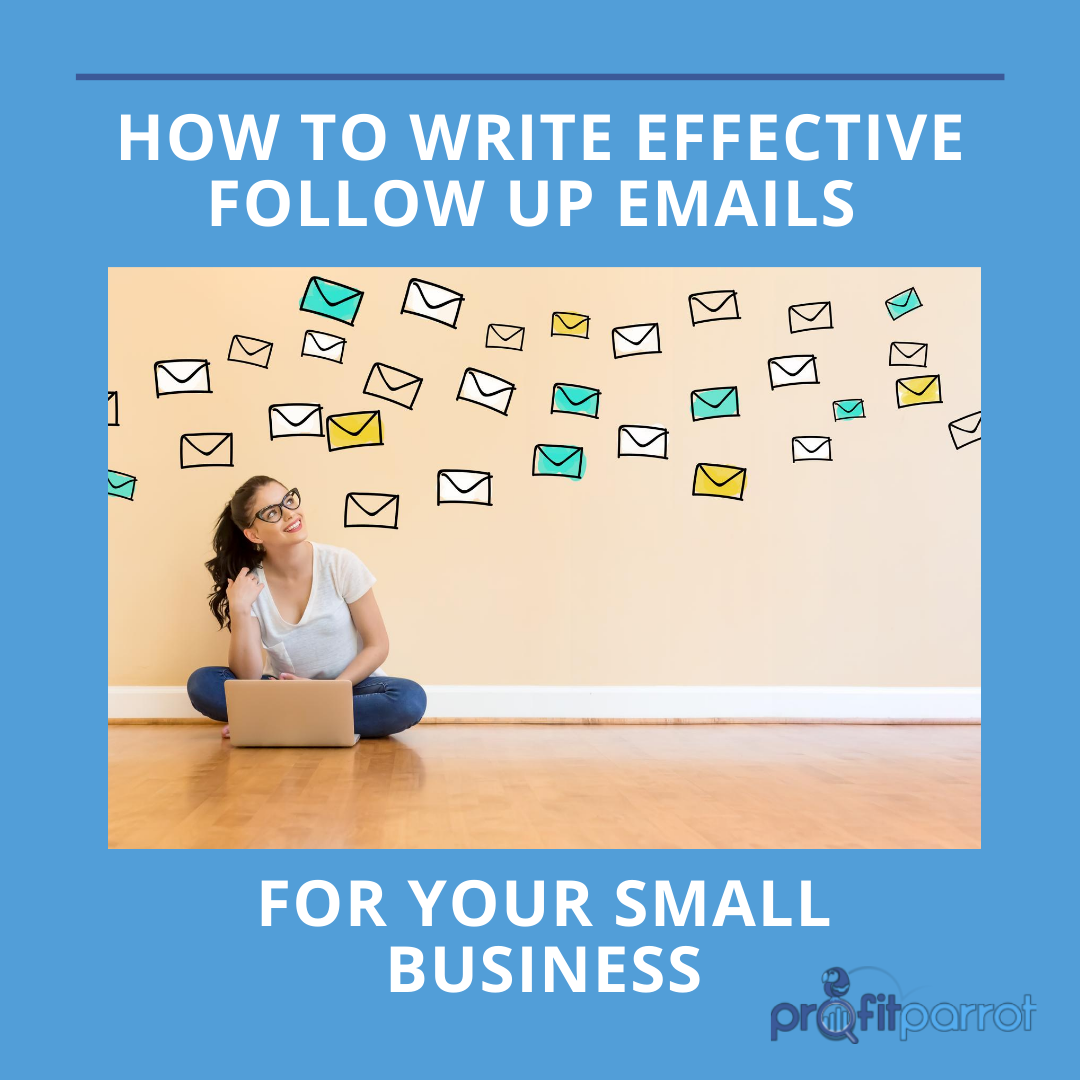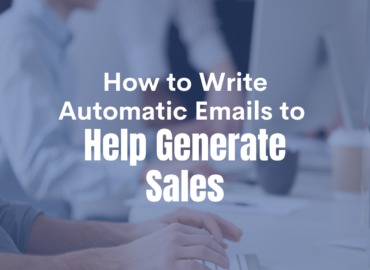Following up with potential customers is a great way to build your business, here are a few tips to help you write effective emails.
The first thing to discuss is just how important writing those follow up emails is. Research by SuperOffice found that only 3% of companies wrote follow up emails to customers! That’s such a small number I thought I was reading a typo, but it’s not a typo.
97% of companies don’t write follow up emails.
Are you one of those small business owners that doesn’t write a follow up email to potential customers?
Why not? They’re effective.
 Okay, so no one wants an email in their inbox that isn’t relevant to them, hence spam filters on most email clients today, but we’re talking about targeted follow up emails to users who have already shown interest.
Okay, so no one wants an email in their inbox that isn’t relevant to them, hence spam filters on most email clients today, but we’re talking about targeted follow up emails to users who have already shown interest.
You already have an “in” with this person, because you have either interacted with them or they’ve interacted with your site. You can and should follow up with them.
What are you writing this email for?
You’re trying to give out a promo guide, or you’re trying to get a customer to finalize a sale, or you’re telling people about a new service you offer… whatever the reason, you aren’t “just checking in”, so make sure you avoid that cliché phrase.
Have a Goal
Your number one priority is a goal for the message. What exactly are you hoping this person will do once they have read the email?
Give information — perhaps you’re looking for more information. You had a chat with this person, but you forgot a key piece of information. Can they provide it in an email? This opens the door to further emails and a burgeoning relationship.
Request a meeting — you’re well placed to provide a solution for this client, and you’ve had a couple of chats over email, or the phone, and now you’re interested in taking the next step and setting up a meeting.
Catch up after some time — it’s been some time since you last spoke to this person, but you want to reach out and connect again. There was a suggestion that perhaps you could onboard them to your client list, but it didn’t happen.
Thank you — saying thanks is always important because it fosters that relationship further and gives the recipient a warm feeling when they think back to your interactions. This encourages further business opportunities.
Whatever your goal, you write your follow up email with that in mind. You’re not sending another email to clog up their system, there’s something in this for both of you.
Start with the Context
Clarify who you are and how you were first talking with the recipient immediately.
“Hi, [Name],
We spoke together last week at the [event], it was great to hear your thoughts on [topic]”
This context is important to establish early so that the recipient is engaged. This works for other interactions, too.
“I’m the author of the [topic] guide you downloaded from [our website], how’s that been working out for you?
This isn’t just a random email to anyone. This is a targeted email to someone who has already shown some interest, either face to face (or via Zoom), or through your website. Make sure they know it’s not a random email.
End with a strong Call to Action
The body of your email doesn’t have to be long. But once you’ve gotten through the previous two steps, you need to end with a strong and clear call to action.
“Do you have a few minutes to speak to me, either at [time and date] or [time and date]? We can chat about how we can help with your [problem]. If these times don’t work for you, get back to me with a time that fits your schedule.”
Tell the recipient of the email why they should get back to you and they’ll be more likely to.
Remember:
You need three key things in your follow up emails: a goal for the email, starting with context of how you met/interacted, and a strong call to action at the end.
Don’t be that 97% of companies that don’t send follow up emails. They work, and you’re missing out on potential customers if you don’t!
If you don’t have the time to manage your own email campaigns, check out the professionals who can create email marketing campaigns for you.


